Richard Brooks
Richard Brooks, a tough, muscular storyteller, won a screenwriting Oscar for "Elmer Gantry" and directed "The Blackboard Jungle" and "Looking for Mr. Goodbar."
A product of the studio system, Brooks built his reputation with tough, unsentimental stories that revolved around macho leading men. He also wrote three books, and one, "The Producer," is a penetrating exploration of the Hollywood in which he worked.
Brooks was a marvelous movie storyteller. "The Professionals," for example, is a classic western as engrossing to watch today as it was in 1966, and "Elmer Gantry" continues to feel as fresh as the latest news stories about troubled evangelists.
But more than that, Brooks' films were always about something: preserving the truths as well as the plots of the literary adaptations, the Tennessee Williams plays, or having a subtext of his own vision. One of his quietest, finest creations was "The Happy Ending" (1969), a prophetic look at the changing, rising consciousness of women and their determination to have an end to subservience. (The title was both true and ironic.)
His other film credits include "Key Largo," "In Cold Blood," "Cat on a Hot Tin Roof," "The Last Hunt," "The Brothers Karamazov," "Sweet Bird of Youth," "Lord Jim," "Deadline U.S.A.," "Bite the Bullet" and "Fever Pitch."
Related stars
|
|
Points of interest
Academy Awards
| Year | Category | Work | |
|---|---|---|---|
| 1955 | Best Screenplay | Blackboard Jungle | Nomination |
| 1958 | Best Director | Cat on a Hot Tin Roof | Nomination |
| 1958 | Best Adapted Screenplay | Cat on a Hot Tin Roof | Nomination* |
| 1960 | Best Adapted Screenplay | Elmer Gantry | Win |
| 1966 | Best Director | The Professionals | Nomination |
| 1966 | Best Adapted Screenplay | The Professionals | Nomination |
| 1967 | Best Director | In Cold Blood | Nomination |
| 1967 | Best Adapted Screenplay | In Cold Blood | Nomination |
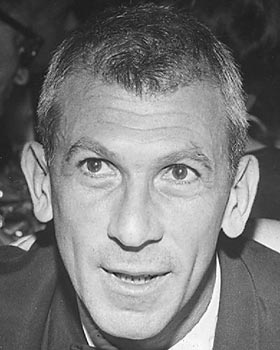

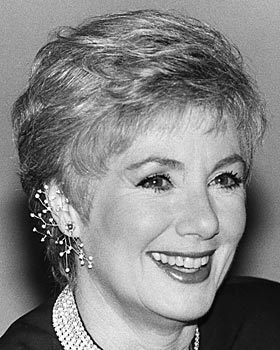
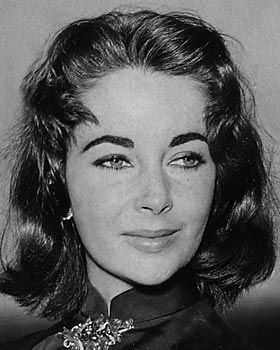
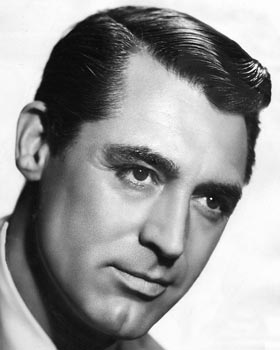
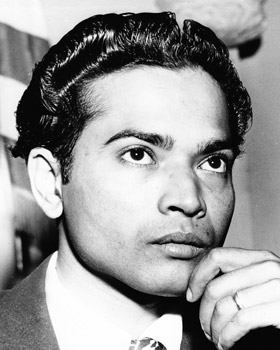
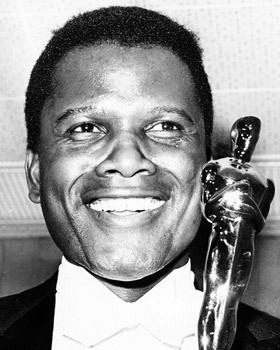
Share a thought about Richard Brooks